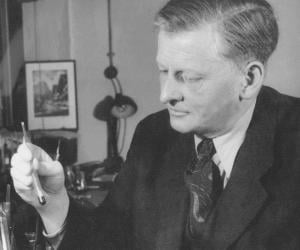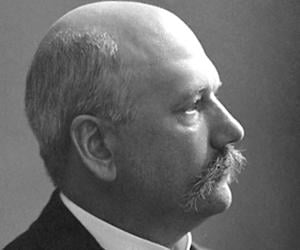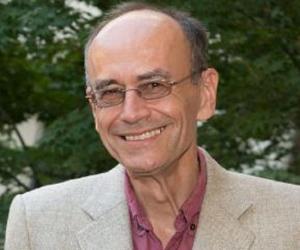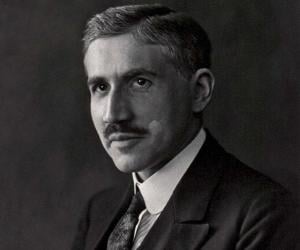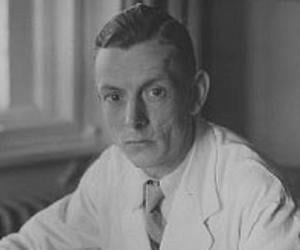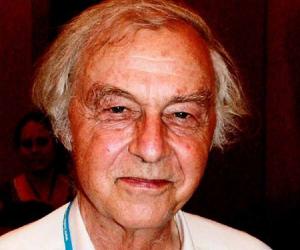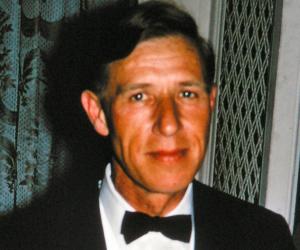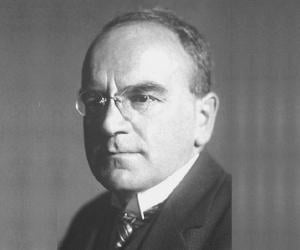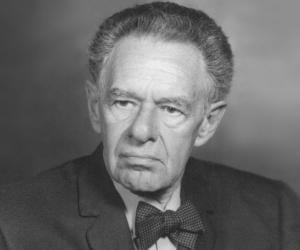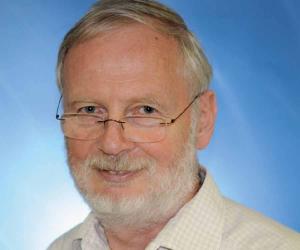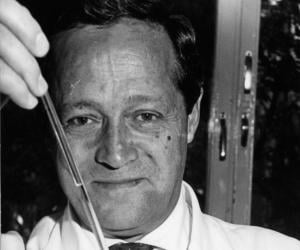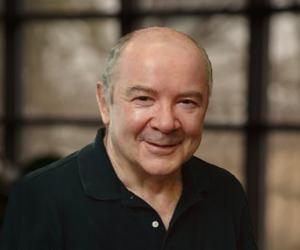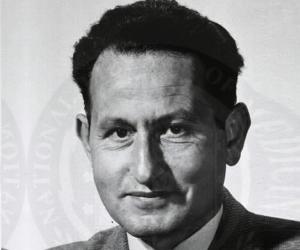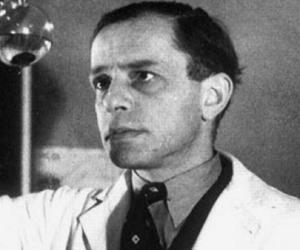1
Richard Kuhn
(Biochemist)
Birthdate: December 3, 1900
Sun Sign: Sagittarius
Birthplace: Vienna, Austria-Hungary
Died: August 1, 1967
Richard Kuhn was an Austrian-German biochemist known for his groundbreaking work on carotenoids and vitamins. His research in the field of chemistry led to significant advancements in understanding these essential nutrients. Kuhn's contributions were widely recognized, culminating in the prestigious Nobel Prize in Chemistry in 1938. Throughout his professional career, he made significant strides in the study of organic chemistry, particularly in the areas of plant pigments and their role in human health. Kuhn's legacy continues to inspire and influence the field of biochemistry.
